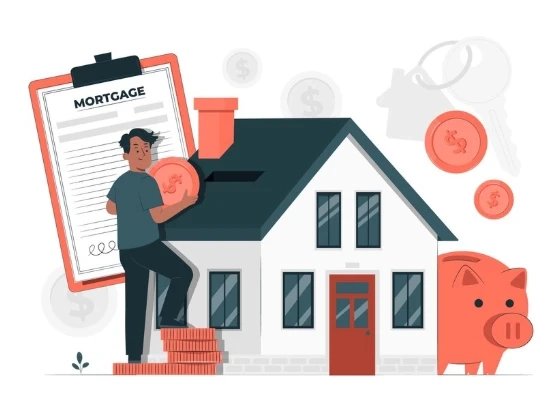Private mortgages in Ontario offer an alternative lending option for borrowers who may not qualify for traditional bank financing. They are loans provided by private individuals or companies rather than financial institutions. These mortgages can be faster to obtain and more flexible but often come with higher interest rates and shorter terms compared to conventional loans.
Many people turn to private mortgages when they need quick approval, have credit challenges, or require unique loan terms. Lenders evaluate the property and borrower’s situation differently, focusing more on the asset’s value than credit scores. This approach appeals to those needing an alternative solution in a competitive housing market.
Understanding how private mortgages work and their potential risks is essential for anyone considering this path. The following sections will explain the basics, eligibility criteria, and key considerations for private mortgages Ontario.
Private Mortgages in Ontario
Private mortgages offer an alternative to traditional bank loans for those who may not meet strict lending criteria. They involve lenders outside conventional financial institutions and have distinct rules and practices in Ontario.
What Are Private Mortgages?
Private mortgages are loans secured by real estate, provided by individuals or private companies rather than banks or credit unions. They serve borrowers who need quick financing or have unique financial situations.
These mortgages usually carry higher interest rates due to increased risk and shorter terms. Borrowers often require private mortgages when they have poor credit, are self-employed, or need to bypass lengthy approval processes.
How Private Mortgages Work in Ontario
Private lenders focus primarily on the property’s value rather than the borrower's credit score. They assess equity first to reduce their risk. Borrowers must provide proof of income and an appraisal of the property in most cases.
Loan terms range from six months to a few years, often with interest-only payments during that period. Fees, including legal costs and appraisal fees, generally fall on the borrower.
Types of Private Mortgage Lenders
There are three main types of private lenders in Ontario:
- Individuals: Private investors who lend their personal funds, often friends or family.
- Private Mortgage Companies: Firms specializing in short-term lending solutions.
- Mortgage Investment Corporations (MICs): Regulated entities pooling investor money to provide private loans.
Each type varies in terms of loan size, interest rates, and approval speed.
Applying for a Private Mortgage
Applying for a private mortgage in Ontario involves understanding specific eligibility rules, following a distinct application process, and weighing risks and benefits carefully. Borrowers must also consider repayment terms and possible renewal options before proceeding.
Eligibility Criteria
Private lenders in Ontario generally focus on the borrower's equity and the property value rather than strict credit scores. Borrowers with poor credit or self-employed individuals often qualify where traditional banks decline.
Lenders require proof of stable income, property details, and evidence of down payment or equity, typically at least 20%. The property must be residential or commercial real estate in Ontario, with clear title and marketability.
Applicants should be prepared to provide documentation such as tax returns, bank statements, and property appraisal reports. The borrower’s ability to repay the loan on time is assessed, but flexibility in credit history makes private mortgages accessible to many.
Application Process
The process begins with submitting financial and property information to the private lender. This includes income verification, proof of equity, and a detailed property appraisal.
Once the application is reviewed, the lender conducts due diligence, including title searches and risk analysis. Approval is faster than traditional banks, often taking days to weeks.
Terms and interest rates are clearly outlined in the mortgage agreement. Borrowers must review these carefully before signing. Legal advice is strongly recommended since private mortgage contracts may have different conditions than conventional loans.
Risks and Benefits
Private mortgages often have higher interest rates and shorter terms compared to traditional options. Borrowers face greater risk if unable to meet repayment deadlines because lenders may foreclose quickly.
However, private mortgages benefit those who need quick financing or who have difficulty qualifying for bank loans. Approval is generally faster, and lenders can offer more flexible criteria.
Borrowers should be aware that fees may be higher, and loan renewals can be less predictable. Understanding these factors helps borrowers make informed decisions about using private financing.
Repayment and Renewal Options
Repayment schedules vary but often include monthly interest payments with principal due at term end. Early repayment penalties can apply, so borrowers should check contract details.
Private mortgage terms generally range from six months to a few years. Renewal depends on lender discretion and may involve new terms and fees.
Borrowers must plan for full repayment or renewal before the term expires to avoid foreclosure. Some private lenders offer flexible renewal options if the borrower maintains good standing.
Clear communication with the lender throughout the loan term is critical to managing repayment successfully.



